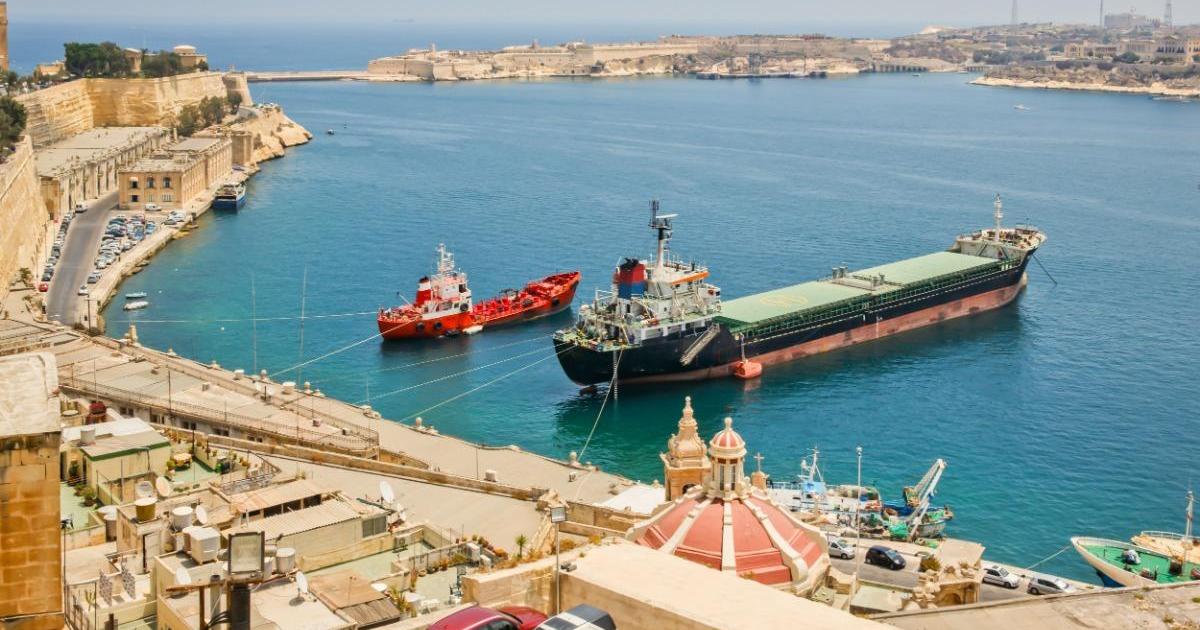Malta’s maritime sector faces a defining moment. Pressures from EU green regulations, the global push for cleaner fuels, accelerating technological disruption, geo-political tensions, and intensifying regional competition are reshaping the industry landscape. At the same time, we face a growing skills gap and declining interest from the younger generation. In this context, fragmented efforts are no longer viable.
The Malta Maritime Forum (MMF) is convinced that Malta’s success depends on a united front with government, academia and industry moving forward together.
The launch of Malta’s Maritime Transport Strategy marks a pivotal milestone. Unveiled during our Annual General Meeting, this long-overdue initiative reflects strong political commitment and acknowledges MMF’s key role in shaping national maritime policy.
The strategy’s alignment with Malta’s Vision 2050 – where the sector is expected to double its share of GDP – is crucial. But vision alone will not safeguard the industry’s future.
A strategy requires implementation, resources, and a collective will to drive change. This means aligning stakeholders – from policymakers to operators, educators, and investors – under a shared mission. The MMF remains a unifying voice across the maritime value chain, ensuring coherence, especially when tackling major challenges like the recent EU Emissions Trading Scheme (ETS).
While not unique to our sector, one of the most pressing challenges is our people—where the greatest transformation is needed. Education and digitalisation are the twin engines of maritime renewal. We must urgently rethink maritime education, not just to fill skill gaps, but to build a future-ready workforce that drives competitiveness through innovation. This calls for modern curricula, new delivery models, stronger career guidance, and closer ties between training providers and industry needs.
Investing in people is not ancillary – it is fundamental to resilience.
The launch of the Master’s in Port Management and Logistics by Malta Freeport and the University of Malta is a welcome step – but it must form part of a broader effort to reposition maritime as a dynamic, digital-first career path.
We need to spotlight valuable shore-based roles – from marine engineering to cyber security and green port technologies – that offer purpose, impact, and strong career prospects. These rewarding careers don’t require time at sea and offer progression, satisfaction, and competitive pay – challenging outdated perceptions of the industry.
The MMF welcomes the National Skills Council’s maritime skills-gap analysis as a valuable pilot for other sectors. It can guide investment in talent pathways. However, coordination is vital, with shared platforms needed for forecasting, lifelong learning, and upskilling as AI and automation transform maritime operations.
Malta must also diversify its maritime portfolio by looking beyond traditional segments and explore untapped areas including blue biotechnology, alternative fuels, ocean data services, autonomous vessel testing and marine renewables. This is only possible if we foster a culture of innovation and remove barriers that stifle experimentation.
Fundamentally, Malta’s Maritime Transport Strategy must align ship registration procedures and aim beyond registration to attract wider maritime investment. As noted in the Malta Maritime Forum’s position paper, a thorough assessment of the ship registration industry is needed to reinforce the Malta flag’s strengths while addressing existing weaknesses and tapping into new opportunities.
A future-ready maritime sector requires strong stakeholder engagement, solid economic analysis, and a clear vision to enhance Malta’s reputation while supporting sustainable growth in tonnage, vessel quality, and service excellence.
Malta boasts strengths as a Mediterranean maritime nation – top repair facilities, trusted legal services, efficient transhipment terminals, and a robust cruise and bunkering sector. Yet, future competitiveness isn’t guaranteed. With digital and environmental shifts transforming the industry, Malta must evolve or risk falling behind.
Our predecessors built today’s maritime economy with vision. Now it’s our turn to lead with ambition, technology, and people – because Malta’s maritime future depends on action.
Godwin Xerri is chairman of the Malta Maritime Forum
